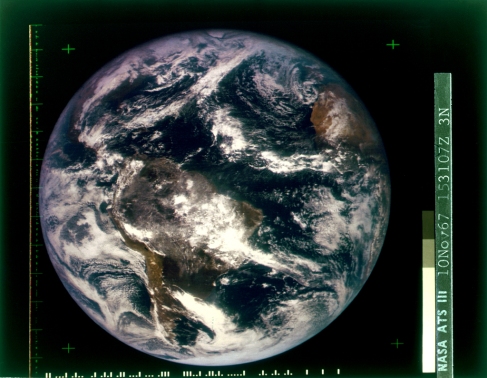As an election year in the U.S., 2016 has certainly seen a plethora of hashtags on social media. One of the less political ones this summer was #firstsevenjobs. I didn’t post to this conversation, perhaps because for me, at least five of those jobs would be “waitress.” I like to think that says more about the era in which I went to college than it does about how I got to where I am today.
More recently, as a response to a Washington Post article about college majors which I shared on Twitter, Jen Filla started a little Twitter trend among prospect researchers to share their college majors, which she Storified here.
This all happened as I was in the middle of my first foray, as a consultant, to identify potential new donors. And not just any new donors. I needed to seek prospects in a number of different countries and cultures who might be interested in funding a client’s international project.
This wasn’t the first time I’d ever done prospecting for people who were not already in the donor base for one reason or another. In fact, the brief for this project brought back memories of one of my former bosses, who liked to say, “Sarah, I just need you to find some new $25,000 donors.”
It also wasn’t the first time I had done research on international prospects, or the first time I had done prospect research in a language I don’t speak or read. I had Yahoo’s currency converter bookmarked. I knew Google’s “translate this page” feature would be my new best friend, in part because it would give me at least one good laugh every day.
So, I did have some tricks up my sleeve, and some ideas of how to get started.
I’d go the whole wide world
I’d go the whole wide world
Just to find her
I’d go the whole wide world
I’d go the whole wide world
Find out where they hide her
~ Wreckless Eric, 1977
But it wasn’t going to be that easy. After a bit of trial and a lot of error, I realized that I couldn’t simply “export” the strategies I was comfortable using when prospecting within the United States. It wasn’t just that I was searching in different cultures and languages. Most of the countries in which I would be searching for prospects have histories of conquest and colonization, and several are now seeing an influx of refugees and immigrants.
I needed to acknowledge something I never thought much about in prospect research: my own cultural bias and privilege.
Back to that Washington Post story, and even, perhaps, to my #firstsevenjobs. I like to think that college majors shouldn’t exist solely to prepare us for jobs in our fields, but more importantly to provide a very narrow platform upon which we can learn how to think deeply and critically. And thinking about my own cultural bias and privilege was something I had learned to do in my college classes.
So for each country and culture I explored I first needed to re-think what “philanthropy” might mean. I needed to learn each day again what a “charitable foundation” looks like, and how wealth and prestige were acquired, measured, and honored. I learned to look for the little British flag or “EN” on corporate websites that toggles between English and the native language, for which most U.S. websites have no equivalent. All of this helped me to identify a fairly diverse list of philanthropists from nearly every country. People of all colors; men and women; gay and straight; Christians, Jews, Muslims, and Hindus; descendants of slaves, colonists, immigrants, and indigenous people. Acknowledging privilege doesn’t make it go away, but it’s a small step.
As Darren Walker, president of the Ford Foundation, reminded us recently on the foundation’s Equal Change Blog, ignorance and the power of privilege are the enemies of justice. We cannot make progress without first asking ourselves:
“Who am I forgetting? Which of my assumptions are flawed? Which of my beliefs are misbegotten?”
His words resonate with me, and I will craft my strategies more carefully next time I get a prospecting project, here or abroad. After all, the gender neutral word for “waitress” is “server,” and some of the most essential skills in food service are listening, empathy, and respect.

First color photograph of the whole Earth (western Hemisphere), shot from the ATS-3 satellite on 10 November 1967
